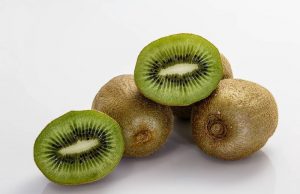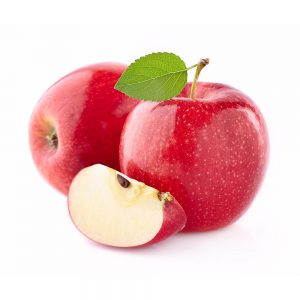A Guide to Preserving Freshness
Carrots are a versatile and nutritious vegetable that can be enjoyed in a variety of dishes. If you find yourself with an abundance of fresh carrots, you might wonder: can you freeze carrots? The good news is that freezing is an excellent way to preserve the freshness, flavor, and nutritional value of carrots. In this article, we’ll explore the best methods for freezing carrots, the benefits of freezing, and tips for using frozen carrots in your cooking.



Why Freeze Carrots?
Freezing carrots is a practical solution for extending their shelf life and reducing food waste. Fresh carrots can last only a week or two in the refrigerator, but freezing them allows you to store them for 6 to 12 months. By freezing carrots, you can enjoy their sweet flavor and crunch long after the harvest season.
Benefits of Freezing Carrots
Freezing carrots comes with several benefits that make it a smart choice for home cooks and health enthusiasts alike.
Nutritional Retention
When frozen properly, carrots retain their nutritional value. Freezing helps lock in vitamins and minerals, such as vitamin A, vitamin K, and potassium. This means you can enjoy the health benefits of carrots even months after freezing.
Convenience
Having frozen carrots on hand is incredibly convenient. You can easily toss them into soups, stews, stir-fries, or casseroles straight from the freezer, saving time in meal preparation. This makes it easy to incorporate more vegetables into your diet without the hassle of washing, peeling, and chopping.
How to Freeze Carrots
To successfully freeze carrots, it’s essential to follow a few simple steps. Proper preparation will ensure the best texture and flavor when you’re ready to use them.
Preparing Carrots for Freezing
- Choose Fresh Carrots: Select firm, fresh carrots without any blemishes or soft spots. Organic carrots are a great choice as they are free from pesticides.
- Wash and Peel: Rinse the carrots under cold water to remove any dirt. Peel them using a vegetable peeler if desired.
- Cut into Desired Sizes: Cut the carrots into uniform sizes, depending on how you plan to use them. You can slice them into rounds, julienne them, or leave them whole if they are small.
Blanching Carrots
Blanching is a crucial step in preserving the quality of frozen carrots. Here’s how to do it:
- Boil Water: Fill a large pot with water and bring it to a boil.
- Blanch Carrots: Add the prepared carrots to the boiling water and cook for 2-5 minutes, depending on their size. This process helps preserve color, flavor, and texture.
- Ice Bath: Immediately transfer the blanched carrots to a bowl of ice water to stop the cooking process. Let them sit for about 5 minutes.
Freezing Carrots
- Drain and Dry: After the ice bath, drain the carrots thoroughly and pat them dry with a clean towel to remove excess moisture.
- Package for Freezing: Place the carrots in airtight freezer bags or containers, removing as much air as possible to prevent freezer burn. Label the bags with the date for easy tracking.
- Freeze: Lay the bags flat in the freezer for efficient storage. Once frozen, you can stand the bags up or stack them.
How to Use Frozen Carrots
Using frozen carrots in your meals is simple and convenient. Here are some tips:
Cooking with Frozen Carrots
- No Need to Thaw: You can add frozen carrots directly to soups, stews, and casseroles without thawing them first. This will help retain their texture and flavor.
- Stir-Frying: For stir-fries, cook frozen carrots over medium-high heat for about 5-7 minutes until they are heated through.
- Benefits of Carrot Juice
Making Carrot Puree
Frozen carrots can also be blended into a puree for soups or baby food. Simply steam or boil them until tender, then blend until smooth.



